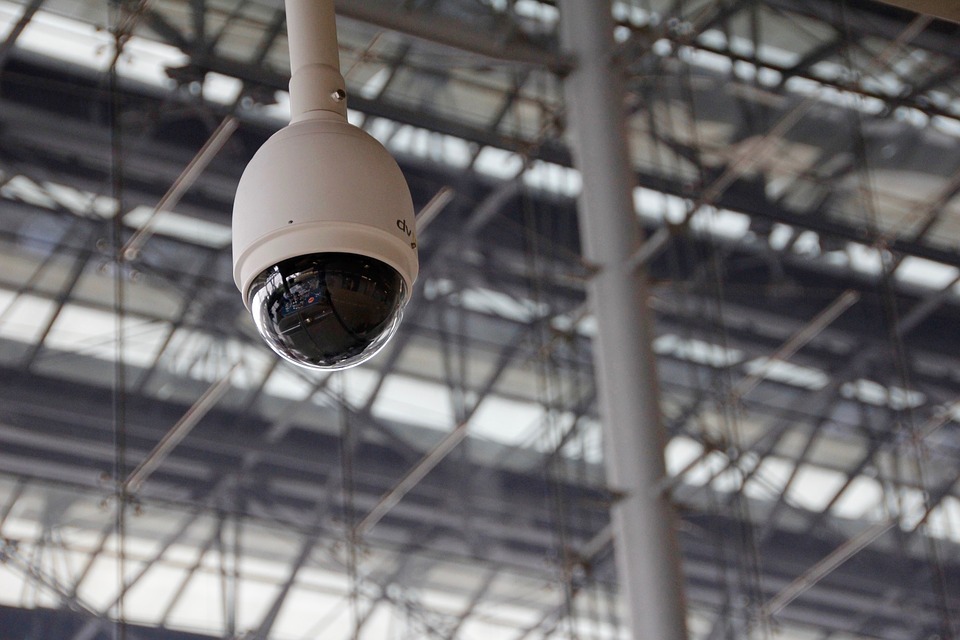Most business establishments use security cameras as part of their security measures. These tools have proven useful in protecting their properties and their employees. However, employers also use security cameras to spy on their employees. So if you have decided to install one or several to your own business or work facility, you must have a reasonable and legitimate intention to do so.
It is also important to let your employees know that they are aware of the security cameras monitoring them. You should also let your employees know where the cameras are exactly installed so that they can see them.
Note: Always refer to local jurisdictional laws and when in doubt check with legal counsel when establishing any type of surveillance activity.
Workplace surveillance
As an employer or a business owner, the urge to protect your property, assets and your own people comes just as naturally. That is why there goes your need to survey and monitor your workplace.
Several business owners and employers have sworn the importance of installing security cameras to their own establishments. Security cameras have helped them in identifying employees who exhibit displays of unprofessional behavior such as: stealing, smoking, drinking, taking illicit substances, gambling, harassing other employees or engaging in other reckless, dangerous or unlawful acts during their working hours. And these factors can negatively affect your business.
The sight alone of a security camera at one corner of the office is enough to discourage employees from committing such improper behavior in the first place. On the other hand, the sight of a security camera gives a sense of reassurance to your other employees and your clients as well.
Through the use of security cameras, employers are also able to check on their employees to see whether they are actually working or otherwise dilly-dallying on the job. Security cameras have become instrumental for employers in evaluating their employees’ overall performance.
Privacy rights of employees
US federal laws do not explicitly state that they prohibit the use of security cameras in offices and workplaces, unlike the use of security cameras in public places. Still, you have to look at the laws in your state regarding monitoring and surveillance in the workplace – they dictate the extent to which video surveillance is deemed reasonable and lawful.
While many employees may understand and accept their employers’ reason to install security cameras to keep an eye on them, they will never agree that their most private moments are to be filmed and recorded.
Fortunately, most of these state laws limit security camera use to certain places where there is a reasonable expectation of privacy. They include restrooms, changing rooms, locker rooms or any other areas where people undress and change their clothes. Hidden cameras are absolutely a no-no in general, as it is a clear violation of privacy.
While taking and recording surveillance videos is generally allowed, it is not the same when it comes to recording sound. Federal wiretapping laws as well as laws in most states consider recording sound, or eavesdroping, as illegal. But if you have to record audio as well, you need the consent from your employees. Otherwise, they may have the right to file a lawsuit against you if they feel that you violate and intrude upon their privacy.
The use of video surveillance to monitor your employees’ union activities is also considerd illegal in several states.
It helps to familiarize yourself with federal and state laws regarding surveillance in the workplace. There is no other resort but to inform your employees about putting security cameras in the workplace. However, you should inform them in a way that would not provoke doubts regarding their character and commitment to their job.

